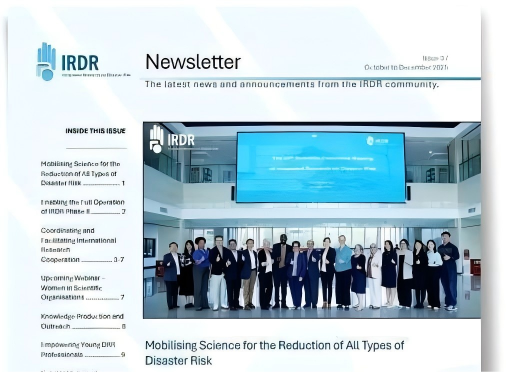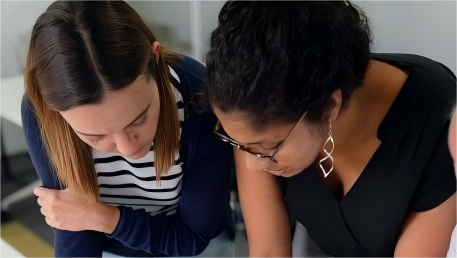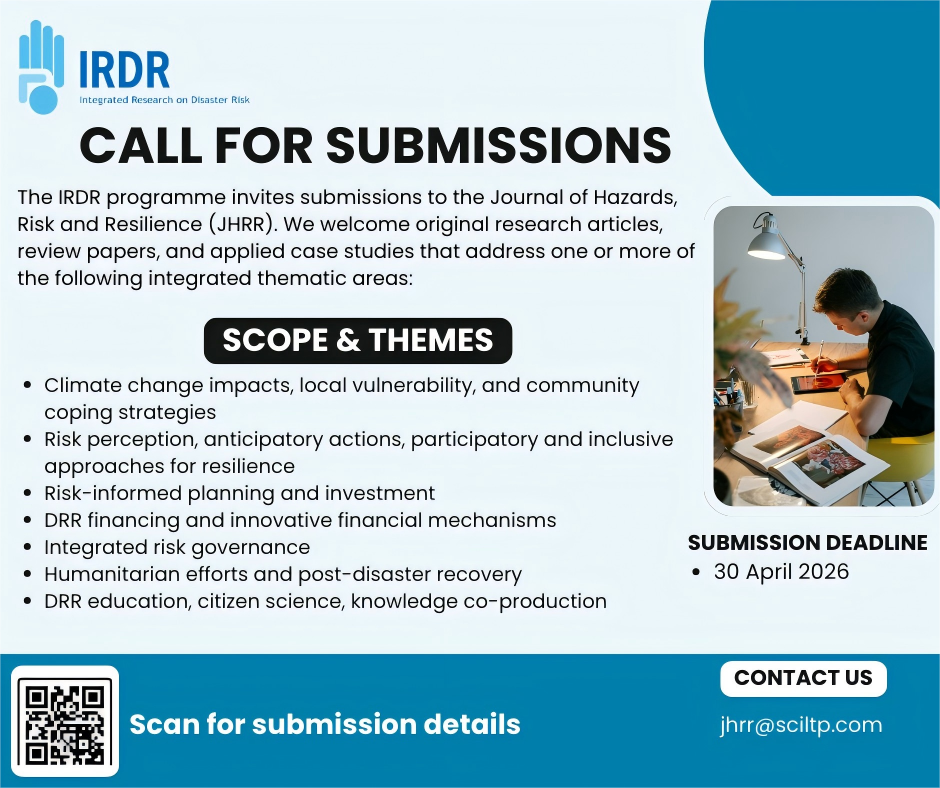The UNISDR Regional Office for Asia and the Pacific (ROAP) conducted the 2nd Regional Workshop on “Risk Sensitive Investment Planning” last 15 -17 October 2014 in Bangkok, Thailand. The event gathered representatives from different countries to help develop national disaster risk profiles through probabilistic risk assessment and enhance their capacities in risk sensitive investment planning.
“One starting point of understanding disaster risk reduction and the path towards resilience could be by measuring losses over time,” said Sujit Mohanty of UNISDR Regional Office for Asia and the Pacific.
National disaster loss data and insurance industry estimates show that loss and damage to public and private assets is rapidly increasing, as exposure to natural hazards increases. The impact of disasters has been seen in many recent events, including in Haiti, Pakistan, Thailand and Japan, where disasters have wiped out years of development and economic progress. At the same time, countries have been challenged to reduce their vulnerability, strengthen resilience and protect their investments.

Traditionally, disaster risks have been addressed by governments through improved disaster preparedness and emergency response, with disaster risk management located in civil protection and emergency management departments. However, as losses soar, governments are exploring new strategies and approaches to protect public investment.
UNISDR has recognised this need and in April 2014, UNISDR conducted the first regional workshop on risk sensitive public investment planning through sound risk information and evidence base that reviewed practical tools, steps, methodologies and enabling factors that can allow a country to generate a comprehensive risk profile on which optimal investment decisions can be based. It also focused on how to optimize the use of this information to make sound DRR investment and planning decisions.
Participants from Cambodia, Lao PDR, Mongolia, Sri Lanka, Maldives, Myanmar and various organizations attended the event to gain more understanding of the data requirements and methodological processes required for assessing risk from natural hazards in a probabilistic way, familiarize with risk information and data formats and the use of the results, initiate building the base of data to develop national risk profiles and facilitate the identification and consolidation of a focal point for disaster risk information in each country.
Day 1 of the workshop discussed the methodology and scope of assessing risk, days 2 and 3 covered the discussion on data needed for calculating risks: hazard data, exposure and vulnerability data.
During the meeting IRDR Executive Director R. Klein discussed with the national delegation opportunities and options for capacity building, highlighting notably the activities of the relevant IRDR International Centres of Excellence. IRDR will be providing support to the evolving national projects through Science Committee member S.H.M. Fakhruddin, based at the Asian Institute for Technology in Thailand.





